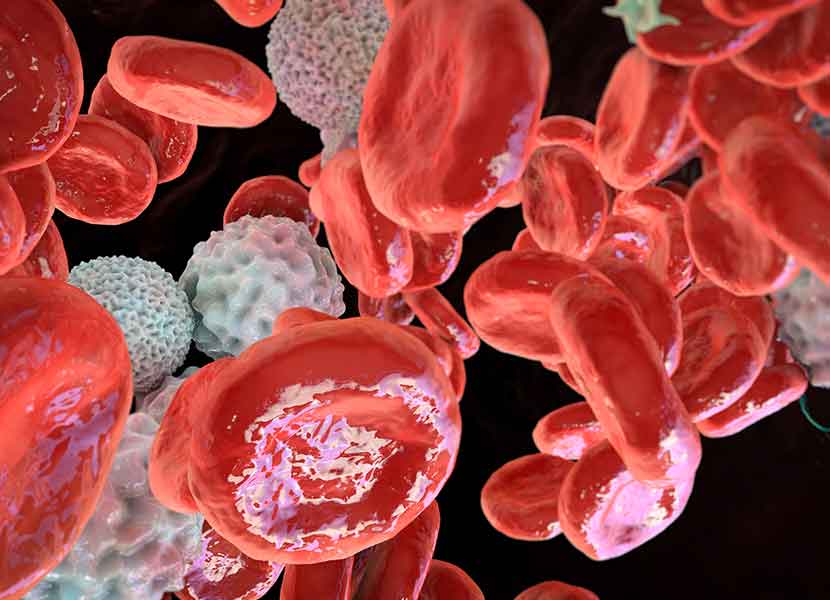Juan Carlos Machorro
Hematological cancers are conditions that start in the blood, bone marrow, and lymph nodes. The most common types include leukemia, lymphoma, and multiple myeloma. In Mexico, leukemia and lymphoma are the two types of haematological cancers that most affect the population.
Lymphoma is a type of cancer that affects lymphocytes, or white blood cells, which are essential for fighting any type of infection in the body. According to information from the Mexican government’s Ministry of Health, it is the sixth most common type of cancer, after breast, cervical, lung, prostate and colon cancer. Its subtypes are grouped in Hodgkin’s lymphoma and non-Hodgkin’s lymphoma (NHL).
NHL is the most common form of this disease, found in 4 out of 5 patients and has more than 60 cancer subtypes. They can be classified into aggressive or indolent lymphomas, depending on how quickly they develop. The most common NHLs are diffuse large B-cell lymphoma (DLBCL), which is an aggressive type of lymphoma; and, follicular lymphoma, which is a type of indolent lymphoma.
Given the diversity of subtypes it presents, diagnosing lymphomas continues to be a challenge. For example, in the case of follicular lymphoma, 80 percent of patients suffering from it have been diagnosed in advanced stages of the disease because its progression is gradual and there are usually no warning signs in the early stages.
The multiple subtypes of lymphoma mean that treatment and prognosis vary widely. Patients live in constant fear of a possible relapse, which generates emotional repercussions for patients and their families.
Another type of hematological cancer is leukemia, which originates in the bone marrow and affects the tissues and cells that make up the blood. In Mexico, this condition significantly affects the infant population, as it accounts for 50% of cancer cases in this segment of the population. In 2020 it ranked seventh for cancer mortality, with over four thousand deaths and nearly seven thousand new cases.
In this scenario, various agencies, authorities and associations join the call to improve the treatment of this condition, diagnose it in a timely manner and assist it in an assertive way.
While each of these hematological cancers has its own peculiarities, early symptom recognition and timely diagnosis are essential for patients to receive the best treatment and improve their quality of life.
“For more than 20 years, we have been striving to make a difference for people living with lymphoma, whose current treatment options are limited. For this reason, we continue to invest in the development of innovative therapies that meet the needs of patients and give them the best results after a lymphoma diagnosis, ”said Dr. Edgar Romero, medical leader of hematology at Roche Mexico.
We recommend: Climate change, direct impact on lung diseases
–


